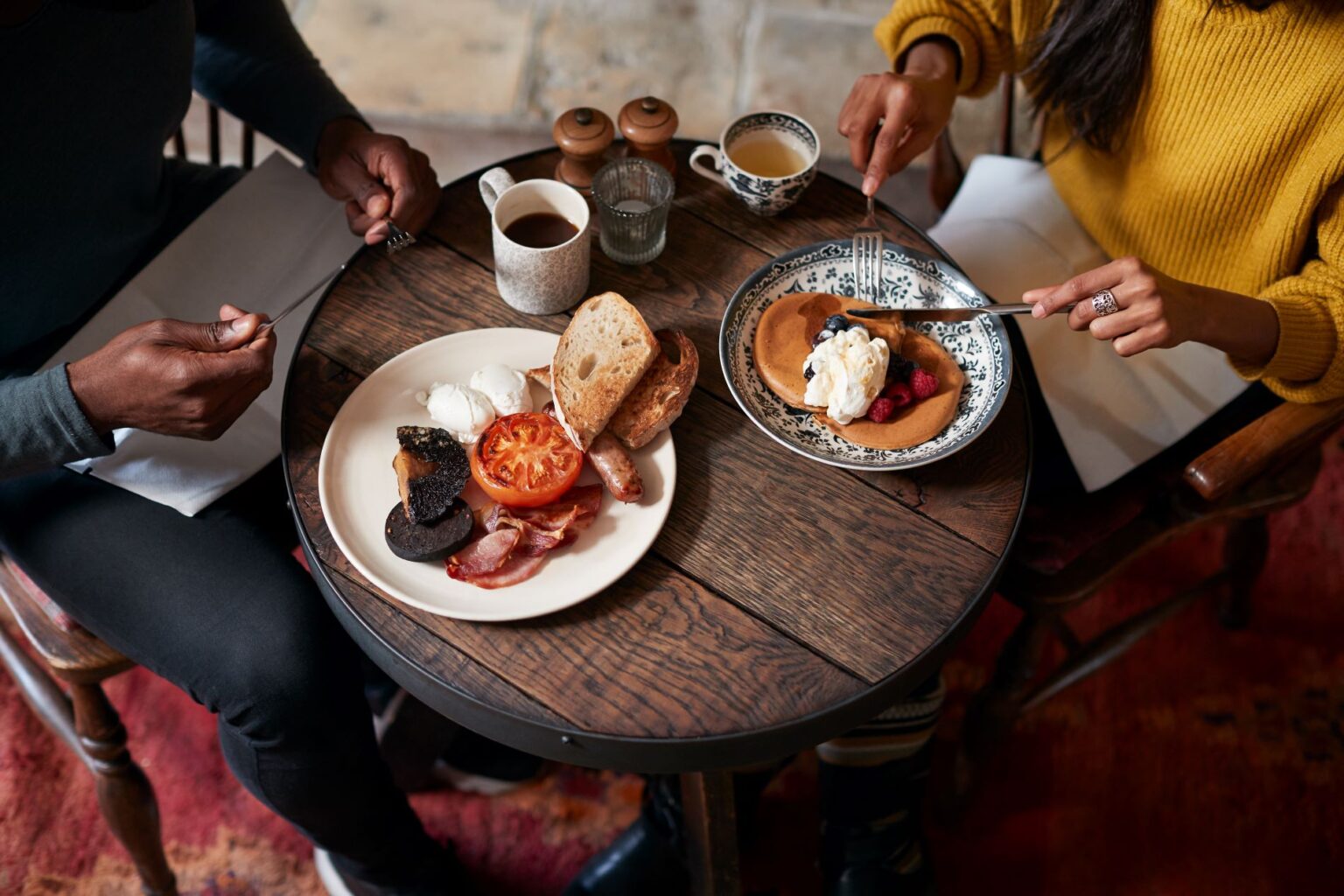Brits are drinking less and swapping late nights for early morning food and drink experiences, and it’s having a big impact on the already-pessimistic hospitality sector.
According to recent YouGov data, nearly a quarter of UK adults say they don’t drink in pubs, bars, or restaurants.
At the same time, dessert shops and bakeries are seeing a rise in popularity, suggesting that many are trading a cheeky pint for a sweet treat and a hangover-free morning.
So, as traditional peak times shift, how can hospitality businesses adapt and reposition themselves to meet these changing customer needs?
What’s behind Britain’s new early-bird culture?
In April, the government announced plans to support pubs, bars, and restaurants. The Mayor of London will soon have the power to review blocked licensing applications, a move that could lead to more alfresco dining and later opening hours in the capital.
But this might be too little, too late. Consumer habits are already shifting toward an ‘early-bird culture’.
Wellness is rapidly climbing the public agenda, the cost of living makes nights out less appealing, and social media now champions moderation with trends like #SoberCurious. It’s not exactly a climate where the night-time economy can thrive.
In response, the UK is seeing less clubbing, earlier bedtimes, and a rise in Insta-famous bakeries and dessert spots. In the YouGov poll, 22% of Brits said they don’t drink alcohol while out anymore. Among Gen Z, 26% are choosing to skip the booze.
The impact on balance sheets is already clear. This Dry January, beverage sales dropped 9% in the same period in 2024, according to the Morning Advertiser. As well, the rise of low- and no-alcohol alternatives signals a clear shift in drinking habits.
How pubs, bars, and restaurants can adapt
While it’s clear that times are changing, it doesn’t mean that pubs, bars, and restaurants need to be left behind.
In 2020, BrewDog piloted an alcohol-free bar concept. While the fully AF bar no longer exists, it set a precedent. Alcohol-free options are fast becoming a must-have for venues looking to remain inclusive and relevant.
To appeal to the sober-curious crowd, venues can host alcohol-free events like booze-free pub crawls, daytime festivals, or even early-finish club nights, as one club in Birmingham has recently started trialling.
Pubs could target this new audience and take advantage of daytime hours by welcoming business owners and freelancers – nearly one in five of whom say they now work from cafes and restaurants – then transition into a post-5pm social hangout.
On weekends, they can tap into brunch culture with specialty coffee, healthy grab-and-go options, and sweet treats for the morning crowd.
New trends present new opportunities. Spaces that attract loyal, repeat customers around the clock are proving to be more resilient. By adapting to consumer demand, hospitality firms can fortify profit margins and stay relevant.
With nightlife fading — is it a new dawn for hospitality?
It’s still not clear whether bars and nightclubs will make a comeback or if we are witnessing a cultural shift. As summer rolls around, some venues may see a rebound in late-night footfall. But the broader trend suggests that today’s revellers prefer a sober night and an early finish.
Equally, hospitality businesses have been under real pressure, leading to a pessimistic outlook across the industry. Rising costs are everywhere, from business rates to staffing, and it’s proving challenging for venues to stay afloat.
Some pubs are being forced to close as early as 9pm due to hikes in employer National Insurance Contributions (NICs), making it harder to justify staying open late without real demand.
One thing is for certain: the hospitality scene is changing. But by embracing both AM and PM customers, businesses have a chance to adapt, grow, and thrive.
